Understanding dashboard warning lights on your BMW X2 is essential for maintaining vehicle safety and preventing costly repairs. These indicators alert you to potential issues ranging from minor maintenance needs to critical malfunctions that could lead to accidents or breakdowns.
By recognizing and responding promptly to these lights, you can ensure your car operates reliably and avoid escalating problems on the road.
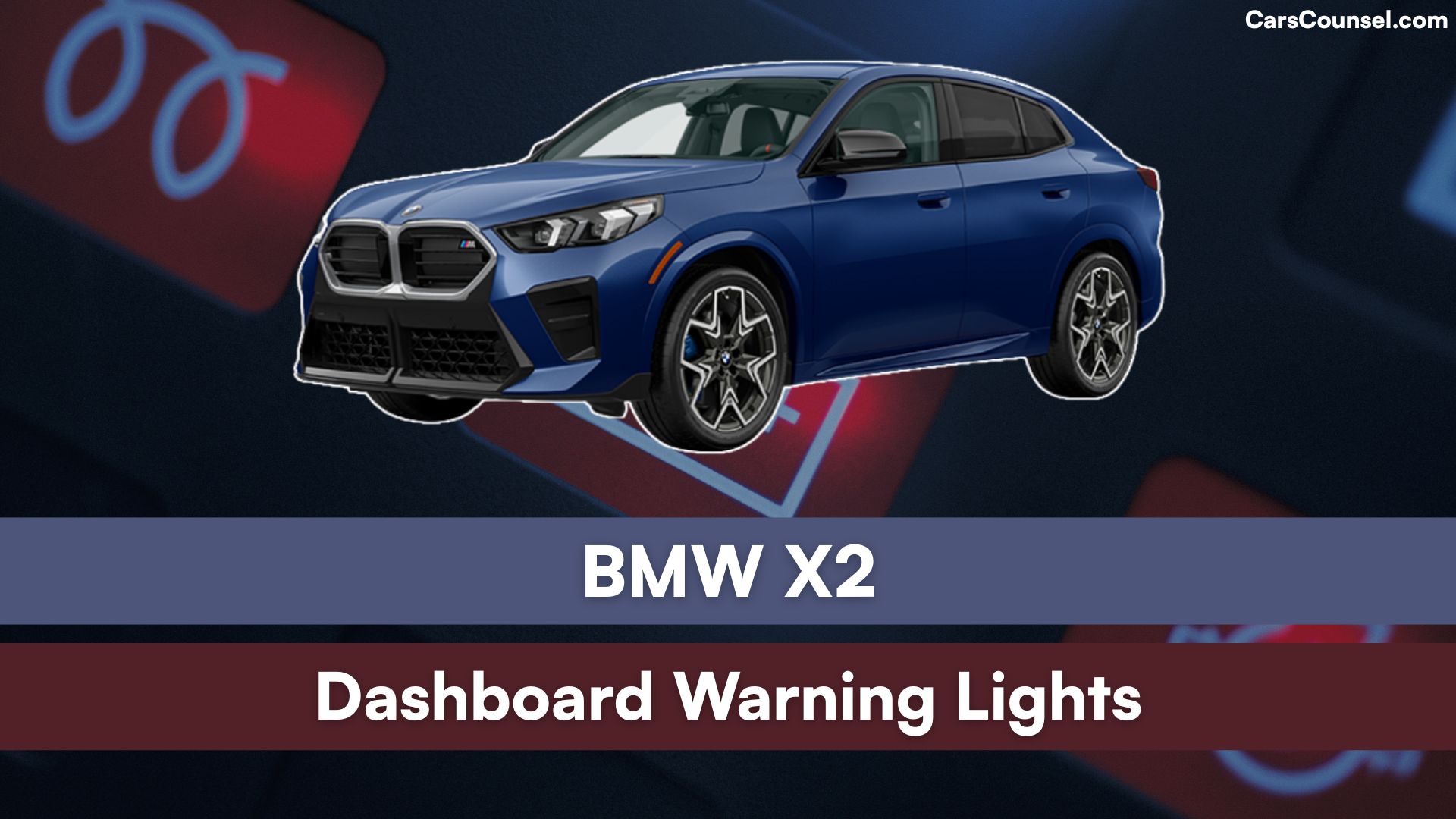
Quick Navigation
Red Warning Lights (Stop Immediately)
Brake System Alert
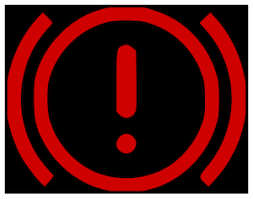
Indicates low brake fluid, hydraulic failure, or a malfunction in the braking system. Stop the car safely, avoid driving, and contact a mechanic immediately to prevent brake failure.
Engine Oil Pressure
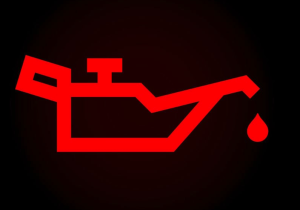
Signals low oil pressure, which could cause engine damage from overheating or lack of lubrication. Pull over right away, check oil level if safe, and do not drive until fixed.
Engine Coolant Temperature
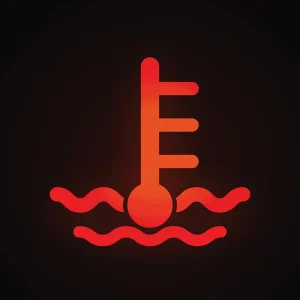
Warns of engine overheating due to low coolant or cooling system issues. Stop the vehicle immediately, let it cool, and seek professional help to avoid engine seizure.
Airbag System

Means the airbag or seatbelt tensioner may not deploy in a crash. Stop driving and visit a service center urgently for inspection and repair.
Battery Charging System
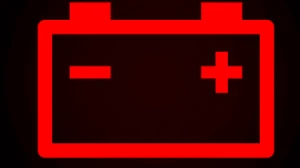
Shows a problem with the alternator or battery not charging properly. Stop as soon as possible to prevent electrical failure and have it checked.
Steering System

Indicates a fault in power steering, making the car hard to control. Pull over safely and get assistance, as steering could fail completely.
Transmission Fault
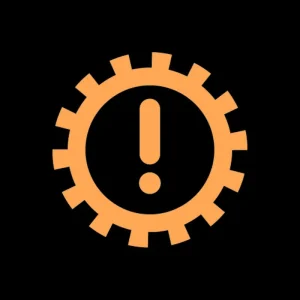
Alerts to a serious issue in the automatic transmission, possibly overheating or mechanical failure. Stop driving and tow to a service center.
ABS Warning
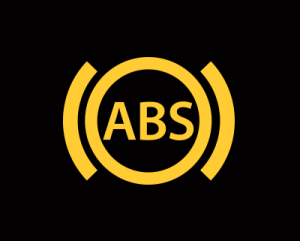
Points to anti-lock brake system malfunction, reducing braking effectiveness in emergencies. Stop immediately and have it serviced.
Seatbelt Reminder

Reminds that the driver’s or passenger’s seatbelt is not fastened. Buckle up right away for safety, as it may indicate a sensor issue if persistent.
Door Ajar

Signals an open door or trunk, posing a safety risk. Stop and secure all doors before continuing.
Low Brake Fluid

Indicates insufficient brake fluid, risking brake failure. Park safely, check levels, and refill or seek help immediately.
Safety System Malfunction
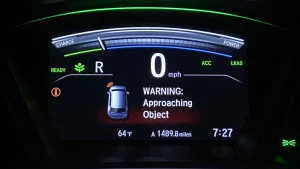
Covers critical failures in multiple safety features like airbags or brakes. Stop driving and consult a professional urgently.
Front-End Collision Warning

Flashes red for imminent collision risk. Brake hard and maneuver to avoid impact, then check sensors.
Parking Brake Engaged
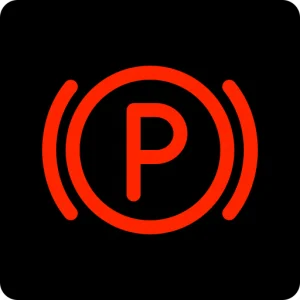
Reminds that the parking brake is on while driving, which could damage brakes. Release it immediately and stop if needed.
Yellow/Amber Warning Lights (Action Required Soon)
Check Engine
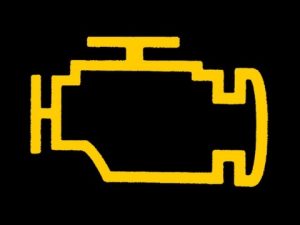
Signals an engine issue like a misfire or sensor fault. Drive cautiously, scan for codes, and visit a service center soon to prevent damage.
Tyre Pressure
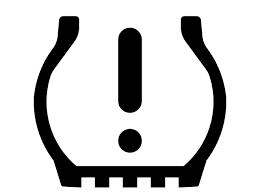
Indicates low pressure in one or more tires, risking blowouts. Check and inflate tires promptly, or reset the system if needed.
ESP/DSC Warning
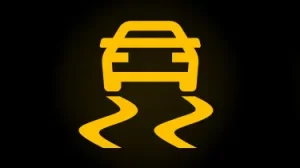
Alerts to stability control system issues, affecting handling on slippery roads. Drive carefully and service as soon as possible.
DPF Warning

For diesel models, shows diesel particulate filter clogging from soot buildup. Drive at higher speeds or visit a service center for regeneration.
Glow Plug

In diesel engines, indicates glow plug failure, making cold starts hard. Have it inspected soon to avoid starting problems.
Service Vehicle Soon
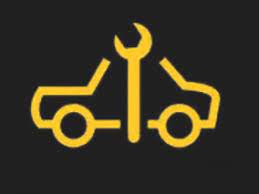
General reminder for scheduled maintenance or minor faults. Schedule a service appointment promptly.
Bulb Out

Indicates a failed exterior light like headlights or brake lights. Replace the bulb quickly for safe driving.
Fuel Cap
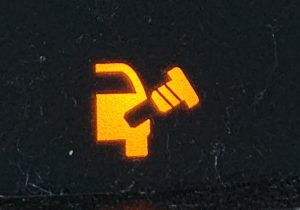
Means the gas cap is loose or missing, causing emissions issues. Tighten or replace it and reset the light.
Lane Departure Warning
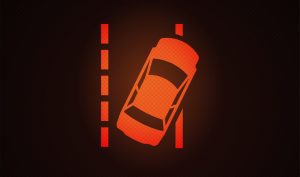
Alerts when drifting out of lane without signaling. Recalibrate or check sensors at a service center.
DEF Low
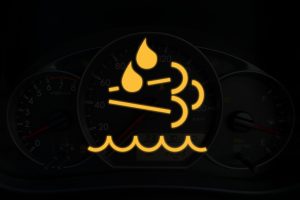
For diesel, shows low diesel exhaust fluid. Refill immediately to comply with emissions and avoid power reduction.
Air Suspension Fault

Points to issues in the air suspension system, affecting ride height. Drive slowly and get it repaired soon.
Start/Stop System

Warns of a fault in the auto start/stop feature. Continue driving but have it checked to restore efficiency.
Transmission Temperature
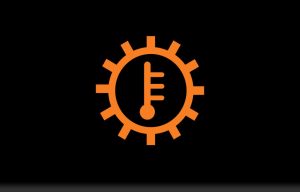
Indicates overheating in the transmission. Reduce speed and service if it persists.
Green Information Lights (Information Only)
Turn Signal
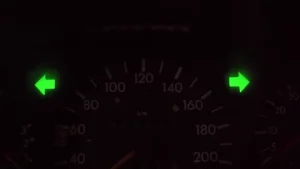
Shows that left or right turn signals are active. No action needed; it informs of directional intent.
Headlamp On
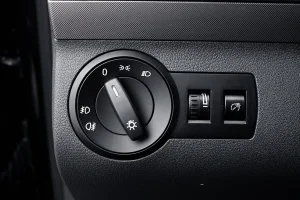
Indicates headlights are activated for low-light driving. Adjust as needed for visibility.
High Beams

Signals high beam headlights are on. Dim them for oncoming traffic to avoid blinding others.
Fog Lamp
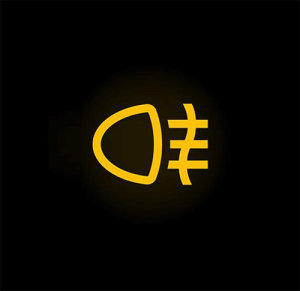
Means front or rear fog lights are engaged for poor visibility. Turn off when conditions improve.
Cruise Control
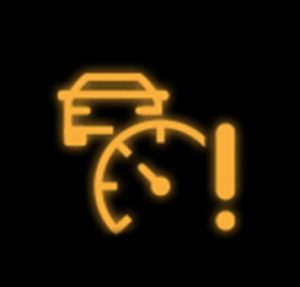
Indicates cruise control is set and maintaining speed. Adjust or deactivate as required.
Eco Mode
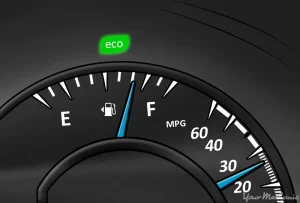
Shows economy driving mode is active, optimizing fuel efficiency. Switch modes via controls.
Daytime Running Lights
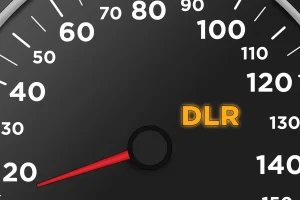
Confirms daytime lights are on for better visibility. They activate automatically.
Tail Light Indicator

Informs that rear lights are functioning. No action; it’s for awareness.
Hill Assist

Shows hill hold feature is ready, preventing rollback on inclines. Activates automatically.
Indicator Lights On
General info for various lights like sidelights. Confirms they’re operational.
Start/Stop Active

Informs that engine auto stop is engaged at idle for fuel savings. It restarts on acceleration.
Rain Sensor

Indicates auto wipers are active based on rain detection. Adjust sensitivity if needed.
Parking Lights

Shows parking lights are on for stationary visibility. Use when parked in low light.
When looking at BMW, make sure to check out our guides on models like the BMW X7, BMW X4, BMW X5, and BMW X6. Understanding dashboard warning lights is essential. Our expert reviews break down what each light means, highlighting common alerts for these models and what they could signal about underlying issues, so you’re never left guessing behind the wheel.

